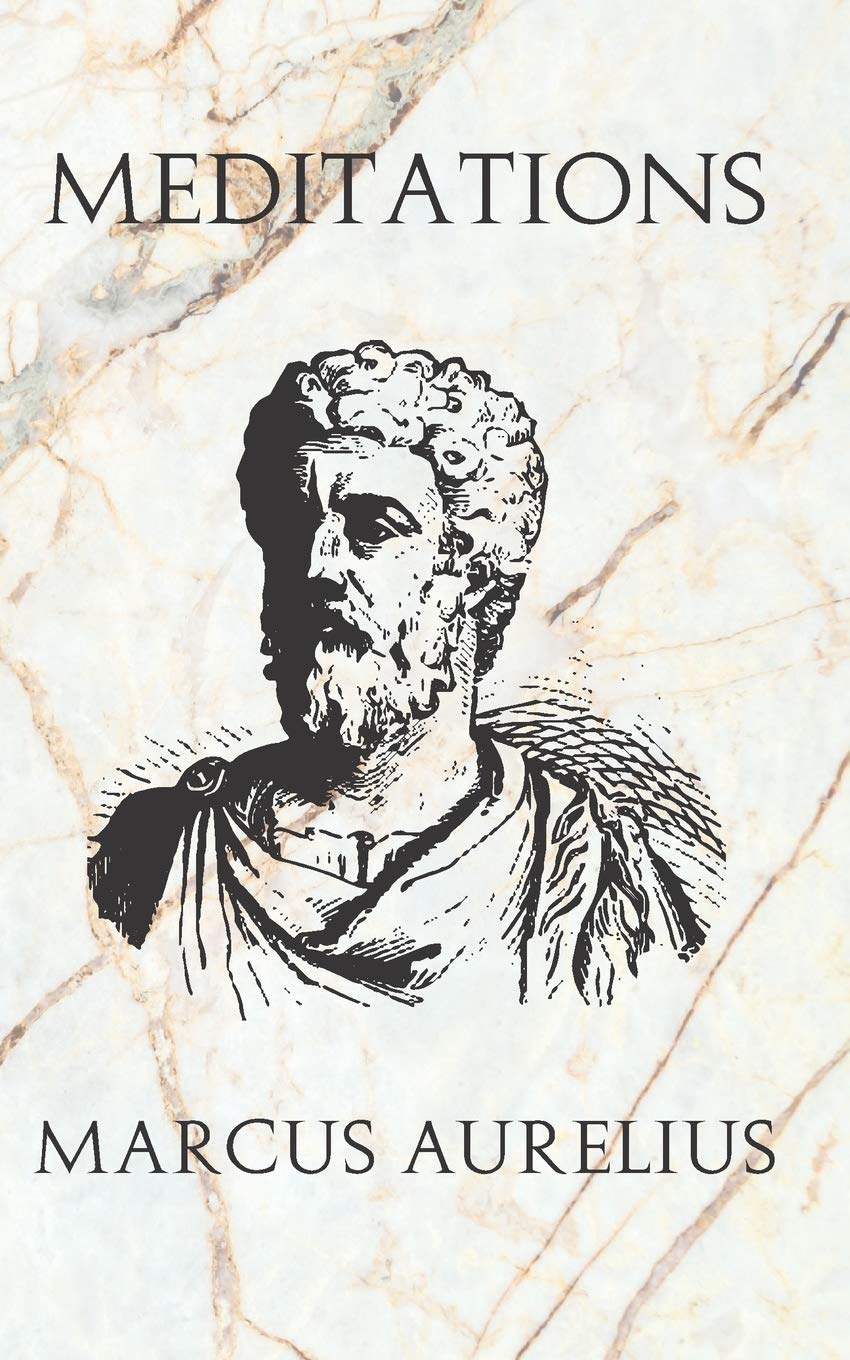Blog Post by ELP Student Chris Sullivan (Political Science | Class of 2022)
 Entrepreneurs constantly live with ambiguity. When launching new business ventures, founders are placed upon a demanding path of uncertainty that forces them to navigate and mitigate potential dangers along the way. In a given day, a variety of crises and complications can spoil faith in your idea and motivation to persist down that nebulous course.
Entrepreneurs constantly live with ambiguity. When launching new business ventures, founders are placed upon a demanding path of uncertainty that forces them to navigate and mitigate potential dangers along the way. In a given day, a variety of crises and complications can spoil faith in your idea and motivation to persist down that nebulous course.
The Entrepreneur’s Dilemma
Your balance sheet could become upended by a sudden shift in operating costs. Your once reliable customer base could abandon you for your competitor, damaging your company’s reputation and future stability in the market. Your trusted business partner could make a sharp turn in their vision for the company, leaving you without direction and a trusted team of advisors. There is a constant threat to the success of your business and the survival or your entrepreneurial mindset at any moment.
These fearless leaders might be viewed by many as reckless or even irrational by placing such unabashed confidence in their intuition and drive to innovate and disrupt the status quo. Yet these go-getters all possess a courageous and undying capacity to try, fail, and learn without shame, hesitation, or regret. These types of people keenly understand the importance of placing concern and energy over only what they themselves can manage. They prioritize living in the moment and owning a constant sense of urgency over the finite nature of their own vitality as a business owner and as a human being. They implement personal systems for traversing high-pressure scenarios and making wiser choices related to their business and their livelihoods.
To be an effective and rational entrepreneur, you oftentimes need to embody and channel many of the virtues of Stoicism.
A Timeless Philosophy of Ownership
 You may be wondering why an ancient philosophy preached and practiced by many of Rome’s most storied leaders and thinkers millennia ago could still be applicable in the fast-paced, ever-changing character of today’s world. In the present moment, why would people of such action and initiative – such as technology entrepreneurs, professional athletes, politicians, and military leaders – focus so much on an ideology that seems rather academic or theoretical?
You may be wondering why an ancient philosophy preached and practiced by many of Rome’s most storied leaders and thinkers millennia ago could still be applicable in the fast-paced, ever-changing character of today’s world. In the present moment, why would people of such action and initiative – such as technology entrepreneurs, professional athletes, politicians, and military leaders – focus so much on an ideology that seems rather academic or theoretical?
In Meditations, perhaps the seminal piece on Stoic philosophy, Marcus Aurelius, the penultimate emperor of the Roman Nerva-Antonine dynasty, ruminates on a central tenet of this ancient way of thinking. “The mind adapts and converts to its own purposes the obstacle to our acting,” Aurelius proclaims. “The impediment to action advances action. What stands in the way becomes the way.” Aurelius conveys that it is often the hurdles, or what it is out of our command, that lead us down pathways towards actionable solutions. The arrival at these eventual successes is dictated by what we can actually change.
To understand its merits and internalize its lessons, it is better to characterize Stoicism as a mode of operation for succeeding in high-stress situations and making more mature decisions. At its core, Stoics of past and present have trained themselves to separate what they can control from what they cannot control. By placing an emphasis on the former and exclusively focusing on what is under your own personal authority, individuals can learn to harness their emotional reactivity and lower their tendency to become discouraged.
When What’s Out of Your Control Takes Over
Over the past year, there have been countless opportunities to get disheartened by the state of the world. Amid a global pandemic, widespread political and social strife, and a year-long college experience that did not resemble what I had long envisioned, I often was demoralized by the present and unsure of how to make the most of a highly uncertain future during a formative period of my life. As a student and aspiring entrepreneur, I constantly was reticent about making that next move or altering the course of my academic or professional pursuits simply because the future seemed so murky. Everything seemed to be out of my control. That lack of agency was startling to me.
Prior to the start of the pandemic, I had felt more assured of my direction. I had been working in Ann Arbor for Pepper, an exciting early-stage food-technology startup that was striving to digitize the food supply chain between restaurants and their wholesale suppliers through a mobile ordering app. I had become highly involved in their business development efforts in the Midwest region, sparking conversations with local restaurants about becoming exclusive partners with Pepper and learning the mechanics of growing an entrepreneurial venture from the ground up.
Once COVID hit, my plans were thrown for a loop. I was forced to make the long drive home to Connecticut on short notice, uncertain when I would return to classes in Ann Arbor or reunite with the Pepper team. Virtual learning and remote work would now become the standard for the foreseeable future – and I was not thrilled.
The Stoic Entrepreneur
 Just as my course had been disrupted, Pepper similarly entered a frighteningly unpredictable period for the business. The entire food industry was suddenly in shambles, as restaurants precipitously announced closures and supply shortages. In a moment of global economic panic, I thought Pepper had met its match. As I transitioned to a remote format, I dreaded the venture’s inevitable undoing. During our team’s first meeting upon going fully virtual, I braced for the worst. As the call began, I sensed a sorrowful mood and a deafening silence on the line before our CEO, Bowie, raised his voice.
Just as my course had been disrupted, Pepper similarly entered a frighteningly unpredictable period for the business. The entire food industry was suddenly in shambles, as restaurants precipitously announced closures and supply shortages. In a moment of global economic panic, I thought Pepper had met its match. As I transitioned to a remote format, I dreaded the venture’s inevitable undoing. During our team’s first meeting upon going fully virtual, I braced for the worst. As the call began, I sensed a sorrowful mood and a deafening silence on the line before our CEO, Bowie, raised his voice.
It was at this moment that I saw a Stoic entrepreneur in action. Bowie took the reins head-on, unphased by the impending challenges in the short term and fully cognizant of the immense opportunity this sudden crisis presented to the company. An economic dilemma and abrupt upheaval of the food supply chain unexpectedly gave the team the chance to pivot and rethink the viability of their business model, value proposition, and purpose with the industry. The plan was now to ride the trends of a shift to direct-to-consumer grocery delivery service onset by the pandemic and to market the mobile ordering arm of the business away from restaurants to primarily suppliers. Bowie saw that the obstacle was the way.
Before Bowie’s inspiring call to action to overcome the immense challenges in the months ahead, I was dispirited and honestly terrified by the rapidly changing nature of the planet, economy, and society at large. But after his statements, the team and I now understood that these new complications were out of our control and that getting frustrated and devoting needless energy towards it was not worth our time and would stifle our growth as a company. It was in this instance that I learned to carry the words of another Stoic thinker Seneca the Younger: “We suffer more often in imagination than in reality.” The pointless fears I possessed were unproductive and would actually be a liability to a nascent business during an economic recession.
Applying Stoicism to Entrepreneurial Ventures
From that point on, I concerned myself with what I could command and only focused on what tangible impact I could make to help Pepper thrive. The remote experience was obviously something I didn’t want, but I also couldn’t afford to worry about an external factor completely out of my control. Instead of getting demoralized by the unfortunate situation, I decided to get to work to help the business navigate its ambiguous future and gain the valuable experience of being part of an early-stage startup environment during one of the most challenging economic periods in recent history.
Within a startup setting, disaster can emerge at any moment. Everyone has to be invested and motivated in order to comfortably survive within the constant state of risk and potential catastrophe all entrepreneurs and startup employees know so well. There comes an immense responsibility to recognize the vulnerability of an early-stage atmosphere and act with a sense of urgency to not let any opportunity for growth go to waste. This mindset falls in line with another principle of Stoicism – “Memento mori,” or the inevitability of death. All of us will experience death at some point. In some cases, our final day might not be as far away as we think. By recognizing this distressing truth, we can motivate ourselves to act now and take the reins of our entrepreneurial aspirations. My time at Pepper taught me the importance of seizing the present moment and understanding the short lifespan of startup businesses and professional careers.
Internalizing Our Inner Stoics
Successful entrepreneurs evolve to become exceptionally comfortable with the unknown. Launching a new venture or passion project is an inherently risky undertaking that requires not only talent and dedication, but also an irrational level of self-belief and trust in the vision of the company. To counteract against the potential of self-doubt and trepidation to creep into the psyche of an entrepreneur, the ancient principles of Stoicism are a remarkable resource that still hold value in the modern world today. Devote energy to what you can control and let the cards fall where they may. Recognize the shortness of life and that death might be closer than you think to foster a sense of urgency around your goals and aspirations.
A sound mind can alleviate the immense stresses and challenges that are thrown an entrepreneur’s way. Such a mindset allows an individual “Not to feel exasperated, or defeated, or despondent because your days aren’t packed with wise and moral actions,” instructs Marcus Aurelius in Meditations. “But to get back up when you fail, to celebrate behaving like a human – however imperfectly – and fully embrace the pursuit that you’ve embarked on.”

